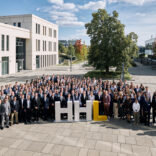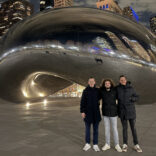
HHL Summer School 2020: Leadership in a VUCA context – Mastering non-linear change
HHL Summer School 2020 for PhD students
In this year’s Summer School for PhD students “Mastering non-linear change” students and senior experts discussed which insights are proving their worth and where we need to rethink in times of the current crisis. With the Leipzig Leadership Model, HHL has developed an orientation framework to ask the questions and focus attention. What does it tell us for the current crisis?
The event was co-hosted by Prof. Johannes Meier and Prof. Dr. Timo Meynhardt. Guest lecture are the former CEO of XING, Dr. Thomas Vollmoeller, the CEO of Contas KG, Roald Muspach and the two renowned executive coaches and book authors Dr. Anke Houben and Dr. Kai W. Dierke.
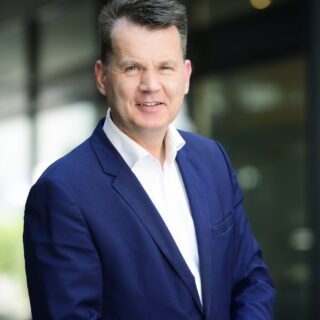
Transformation is to de-ideologize the signature ideas in order to reactivate the value of collective performance terms for qualitative growth.
«Non-linear change» was the hot topic of this year’s Summer School for HHL’s doctoral students.
- Can we de-compose different types of change? (Johannes Meier)
- What role do our mental capacities play to stay in the game? (Kai Dierke)
- Can «New Work» be a solution for everyone? (Thomas Vollmöller)
- How can we better understand the role of context in purpose-histories? (Roald Muspach)
Leipzig Leadership Model offers framework
Questions like these were pondered in this two-day online-conversation, where more than 60 students and renowned experts exchanged ideas, experiences and advise. The framing was provided by the guiding ideas of the Leipzig Leadership Model circling around purpose and contributing to a greater good. Of course, COVID-19 crisis marks only one of the Grand Challenges of our time.
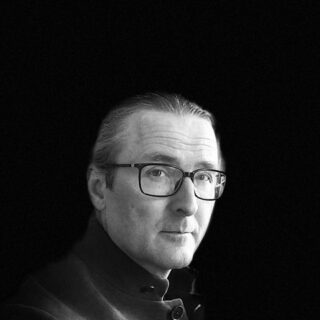
Most management models, governance paradigms, planning and decision-support tools are either explicitly or implicitly assuming linear and incremental types of change. They are often not effective or even contra-productive when dealing with non-linear changes. Moreover, they are not systemic as they tend to ignore or at least underestimate externalities, issues of public value, or longtail existential risks.
1/3 of doctoral students assume major impact of crisis on dissertation
Currently, it seems so pervasive that – according to a short in-class-poll – one out of three doctoral students assume a major impact on their dissertation project, one third thinks it is too early to say, the last third does not expect an impact on their academic work.
At any rate, intellectual power at HHL has been directed towards analyzing and understanding what is going on around us, what it could mean to lead and to manage in pandemic times with a lot of “unknown unknowns”.

Accelerated automation, adverse demographics, new ethics … and now Corona: The working world is hit by a perfect storm.
Do we need another narrative for balancing acts of continuity and change? At this Summer School a number of concepts were introduced and discussed. There was even firework of sense-making and sense-giving attempts: “Skin the game”, “Antifragility”, “Public Value”, and many others. There is, of course, not a single bottom line.
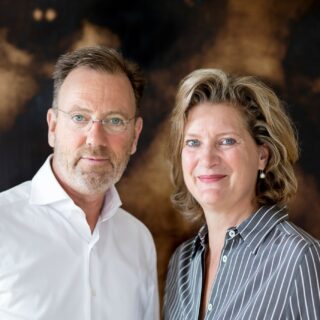
Anti-fragility is the insight that some systems benefit from stress. To trigger over-compensatory growth, Anti-fragile Leadership has to balance the chaos and the calm: courageously exposing yourself to stressors and consciously retreating to a reflective space – in order to enable adaptive learning and growth.
Clear purpose helps navigate change
One thing, however, seems to be shared practical wisdom: A clear purpose, deeply grounded in an awareness of collective interdependencies, helps to navigate any type of change – be it linear or non-linear. It remains to be seen how we can now turn intriguing ideas into relevant and rigorous research questions and ultimately come up with answers.

I am interested in the contribution of organizations in all sectors (public value). On the basis of value-philosophical, psychological and sociological theories, the social value of an organization value creation of an organization is conceptualized and empirically examined. On the basis of the Public Value approach I developed, the GemeinwohlAtlas was created with now over 50,000 participants in Switzerland, Germany, Japan and now also in the city of Leipzig. As a co-developer of the Leipzig Leadership Model I am interested in the connection between purpose and the public good.
